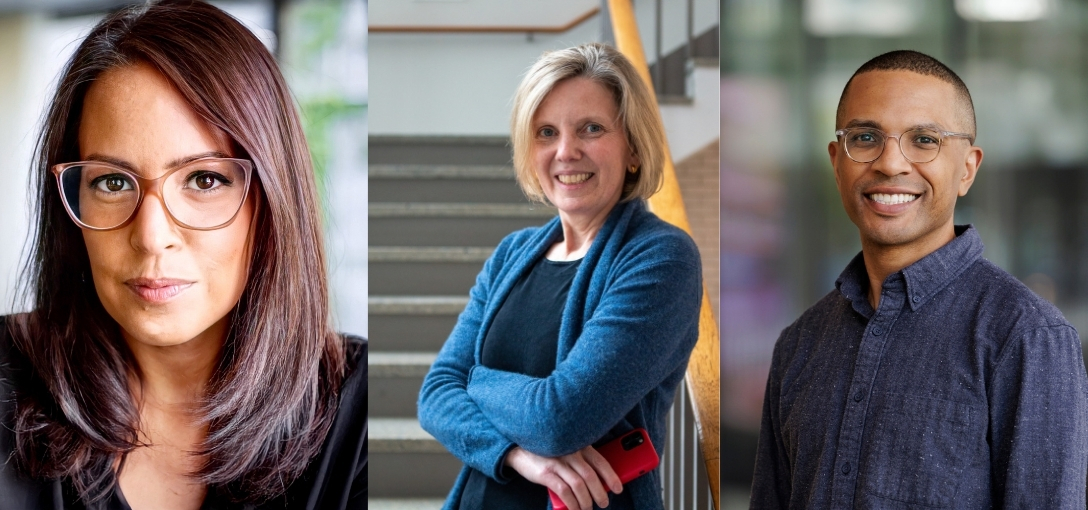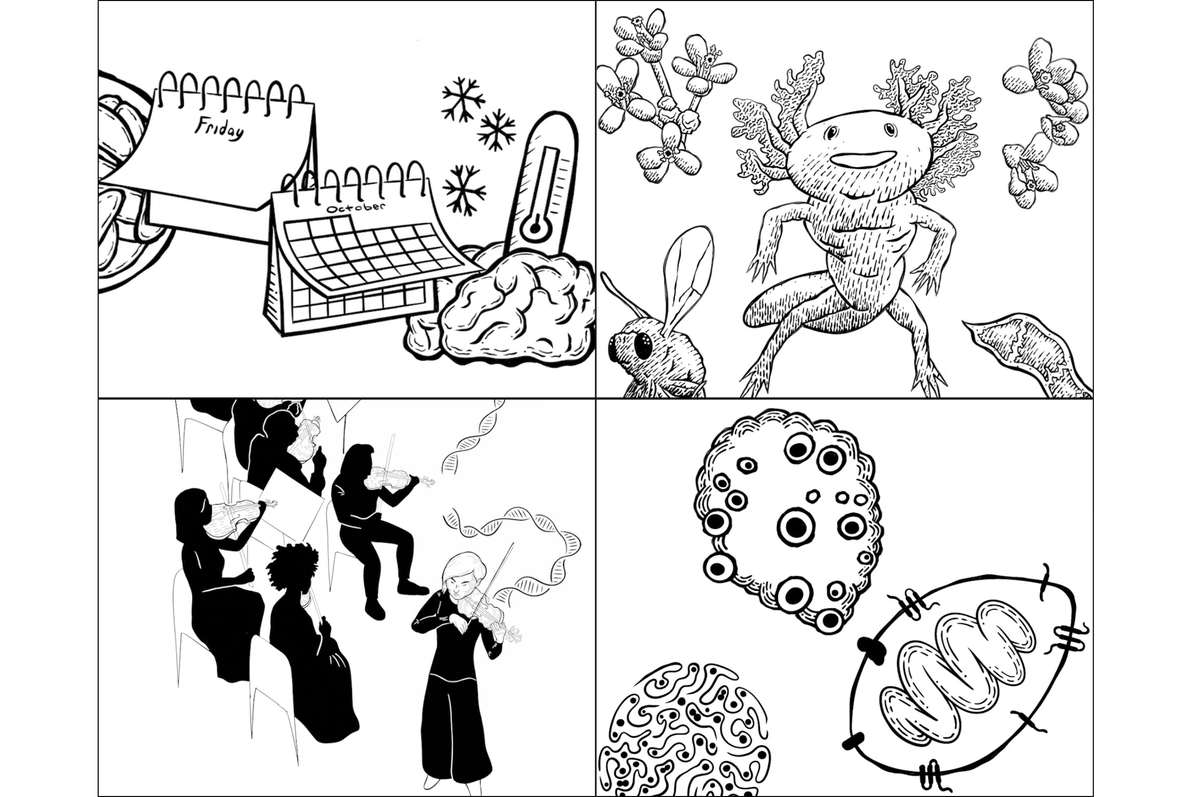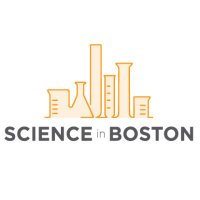
Science in Boston
@scienceinboston
Your complete source for life science news and events in the Greater Boston Area. Brought to you by the Science in the City program at @STEMCELLTech.
ID: 905180512708210688
https://scienceinboston.com/ 05-09-2017 21:27:06
4,4K Tweet
3,3K Followers
1,1K Following

Understanding how #proteins interact inside living cells is fundamental to biology. A new study from the lab of Dr. Max Prigozhin at MCB_Harvard introduces a novel method that quantifies protein-protein interactions at nanoscale resolution in cells. bit.ly/4klBplK
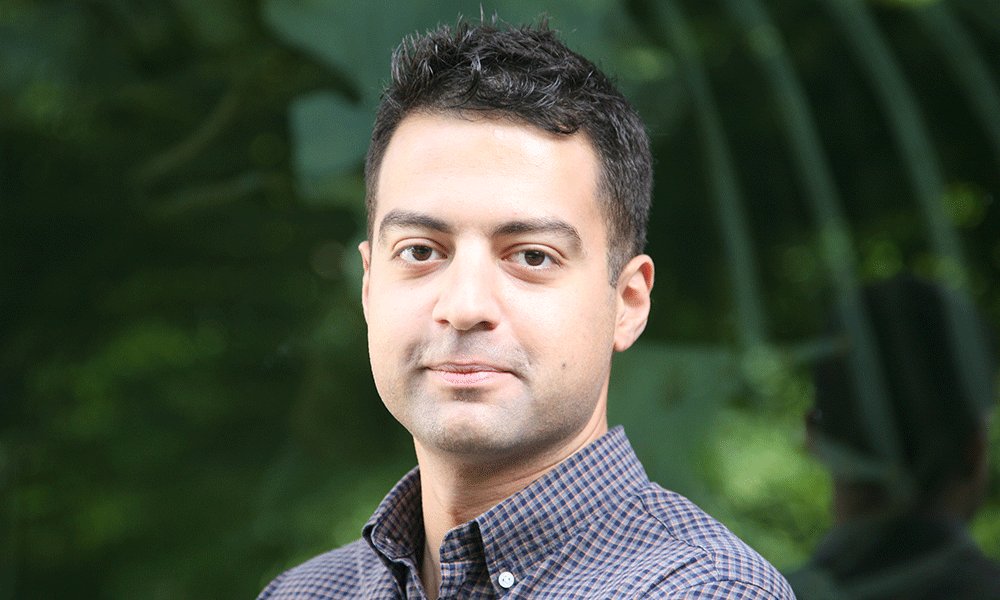


Researchers at Massachusetts Institute of Technology (MIT) led by Dr. Scott Manalis have developed a technique that rapidly measures #CellDensity. The method could help predict whether immunotherapies will work in a patient or how a tumor will respond to drug treatment. 💊 Learn more: bit.ly/45lX0Gn



Researchers from the Broad Institute have developed a computational approach that can efficiently predict the location of any protein in any human cell line, even when both protein and cell have never been tested before. 🔎 bit.ly/4jhg4sY
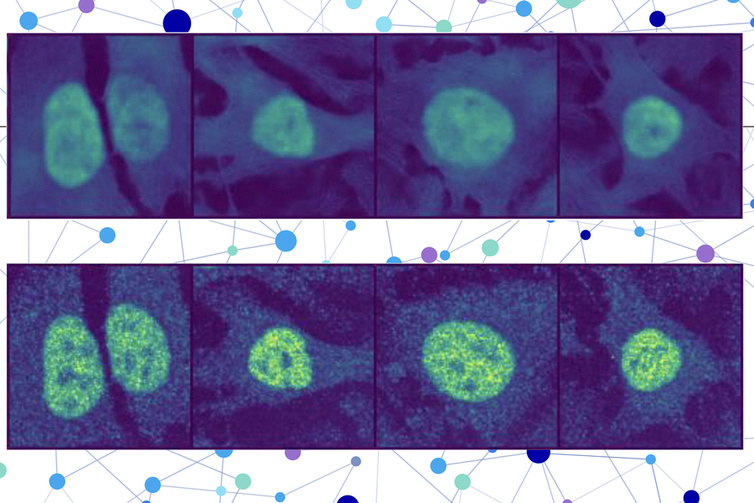


Tammy T. Nguyen, MD, PhD, will be the new Fuller Foundation Term Chair in Diabetes on July 1. She will look at #diabetes complications and strategies to prevent foot amputations: direc.to/nnpQ UMassDiabetes UMass Memorial Health UMassVascular UMass Chan Giving tammytnguyen

Congrats to the lab of Dr. Ana Fiszbein at Boston University on their new Molecular Cell study! 👏 It shows that U1 snRNP regulates alternative promoter activity in human cells by inhibiting premature polyadenylation. Read the paper: bit.ly/4kzOrMM



By combining information from many large datasets, Massachusetts Institute of Technology (MIT) researchers have identified several new potential targets for treating or preventing #Alzheimer’s disease. Check out the newly identified genes and pathways, including one involved in DNA repair: bit.ly/4mEbw2q



Researchers at the Broad Institute have developed a way to edit the genetic sequences at the root of #Huntington’s disease and Friedreich’s ataxia. 🧬 The findings appeared in Nature Genetics and come from the lab of gene-editing pioneer Dr. @DavidRLiu: bit.ly/4kS3Vff
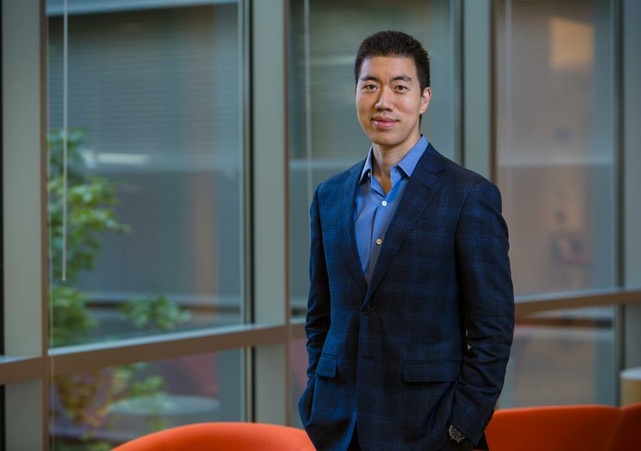

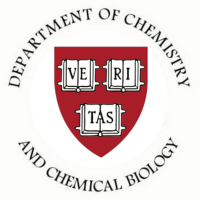
David R. Liu works on #science that gives humans more say over their destinies: news.harvard.edu/gazette/story/… #chemtwitter #CRISPR

Delighted to have our work on Polygenic Modifiers of #TelomereBiologyDisorders, led by Michael Poeschla, along with Sasha Gusev, Mitchell Machiela, Sharon A. Savage, M.D., Tummala H, and others, published as an advanced online paper in Journal of Clinical Investigation today:
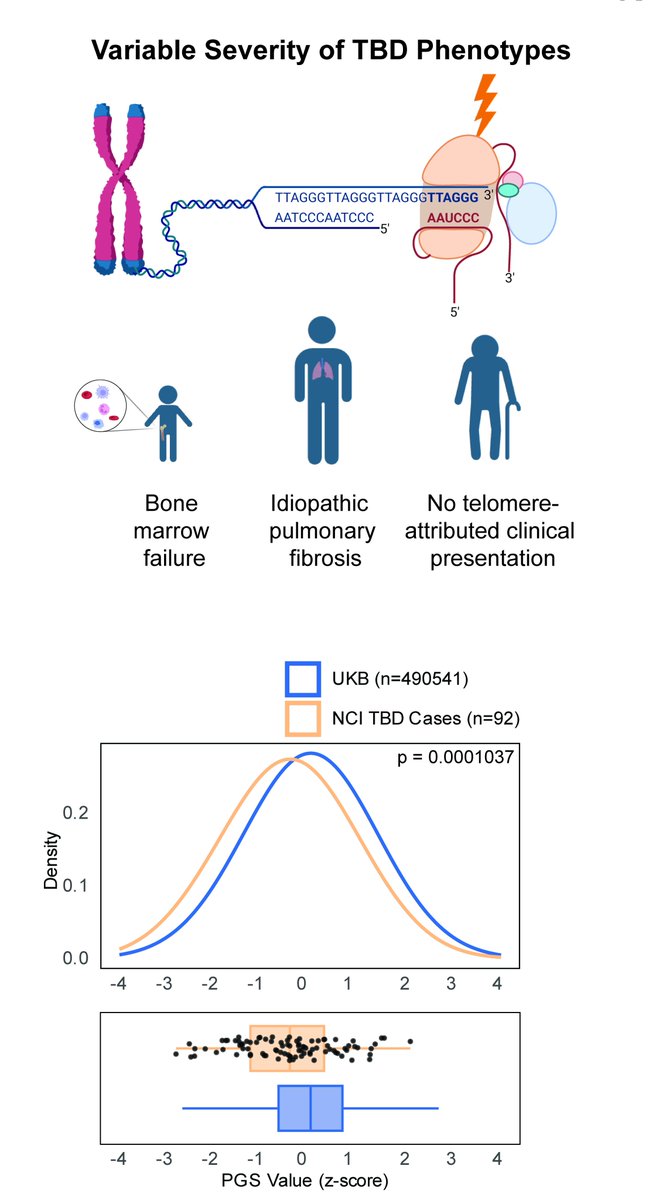

Researchers at the Broad Institute have created a pipeline for discovering unique combinations of molecules that increase the effectiveness of #antibiotics against drug-resistant bacteria. ✏️ Abstract: bit.ly/4kry8lu 📰 Press Release: bit.ly/3T5TSap
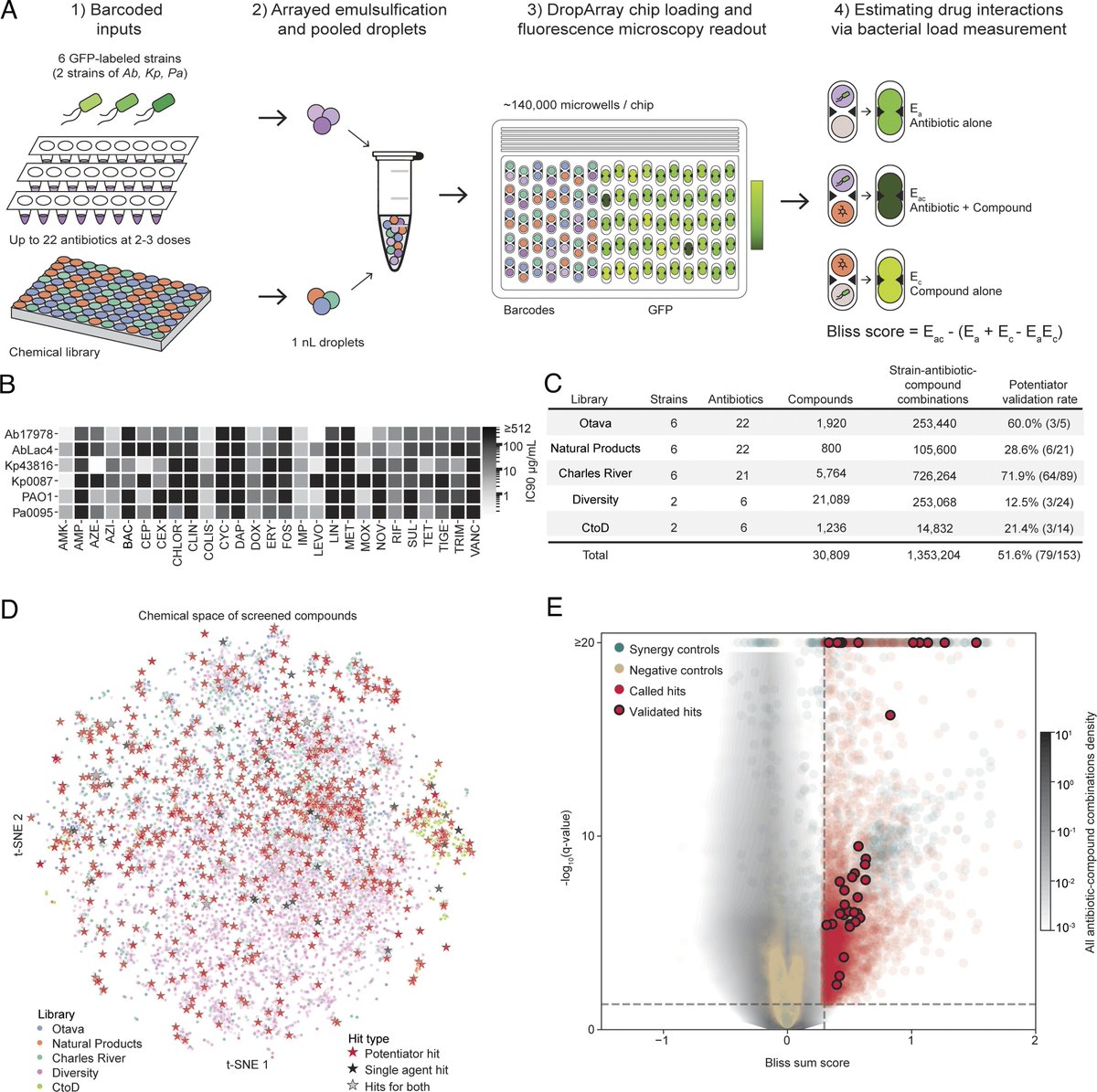

Understanding Dopamine Neurons on Multiple Timescales Paul Masset Pablo Tano nature HyungGoo Kim Athar N Malik, MD, PhD Alexandre Pouget Rachelle Gaudet MurthyLab at Harvard Catherine Dulac nature mcb.harvard.edu/department/new…


Scientists at McGovern Institute and Broad Institute have re-engineered a compact RNA-guided enzyme they found in bacteria into an efficient, programmable editor of human DNA. Learn more about their novel protein NovaIscB: bit.ly/43MTpPi #GeneticEngineering
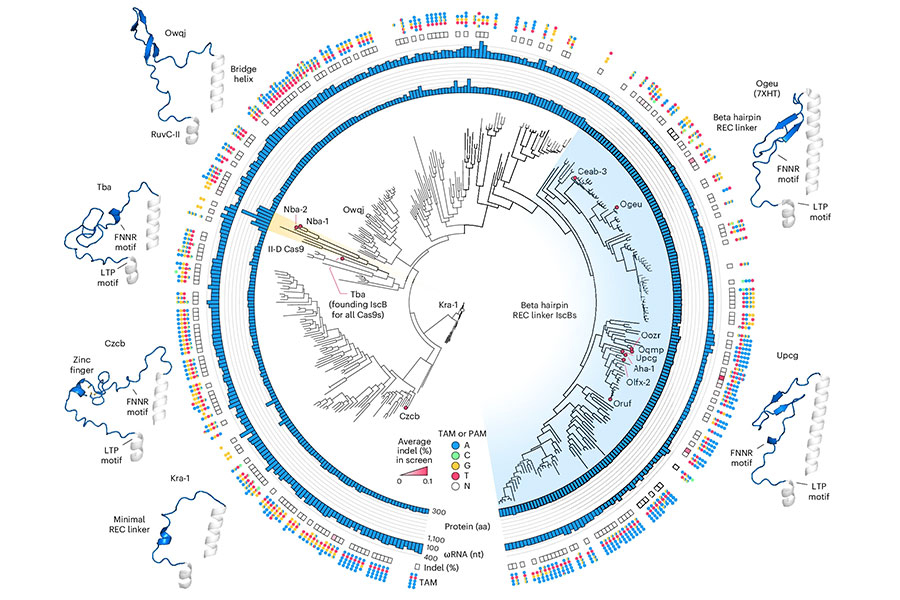

We've been asking Whitehead Institute scientists to give us their elevator pitch! In the first installment of #Sciencein60, grad student Xochitl Luna describes her research on microglia, the brain's resident immune cells that play a role in MS. Xochitl Luna Olivia Corradin

Researchers at the Ragon Institute have made a significant discovery about how antibodies can directly enhance the body’s ability to fight Mycobacterium #tuberculosis. 🦠 Learn more about the work from Drs. Galit Alter, Sarah Fortune, and Bryan Bryson: bit.ly/4mP3fZC
